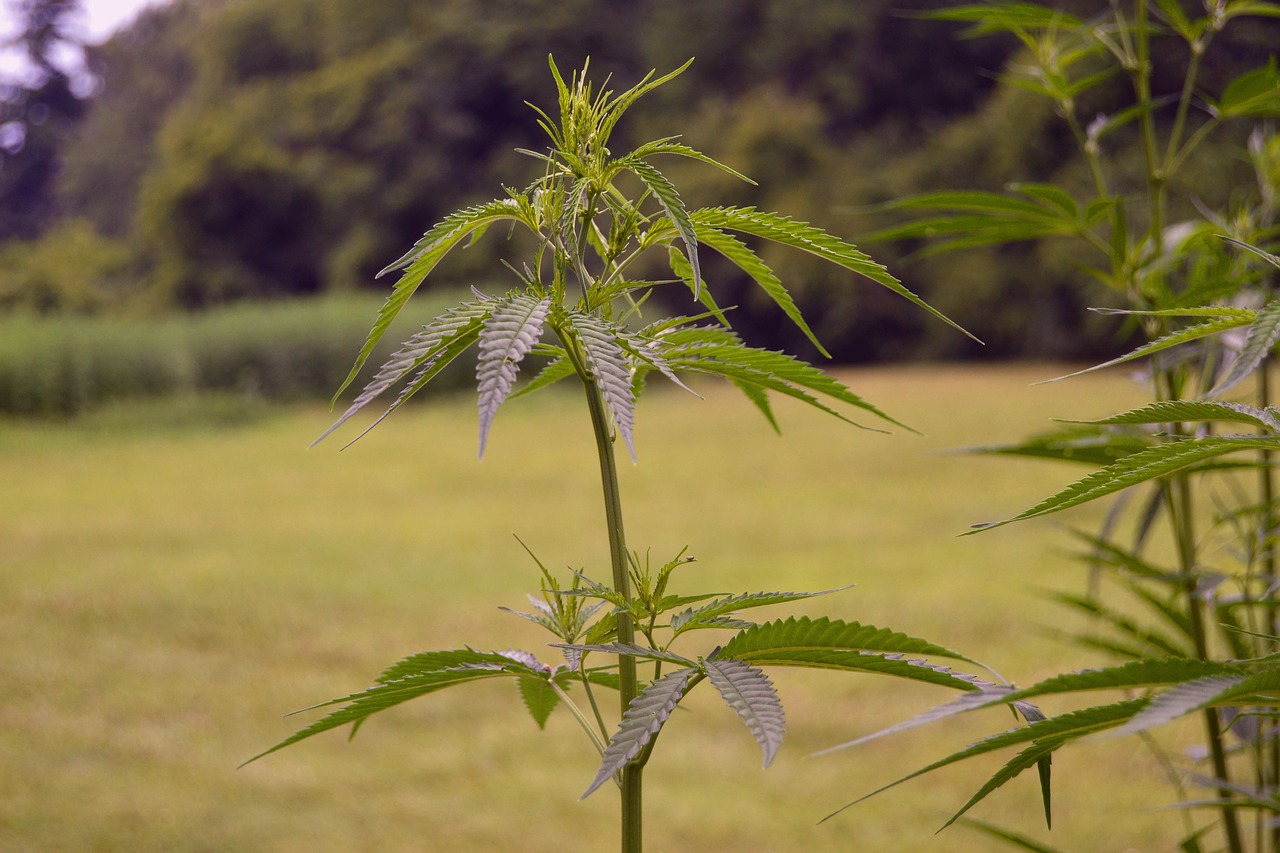The hemp industry took a major plunge in 2022, a new report from the U.S. Department of Agriculture (USDA) shows, and stakeholders say the Food and Drug Administration’s (FDA) refusal to issue regulations for CBD products is largely to blame.
USDA’s National Hemp Report shows significant losses in the value and cultivation of the non-intoxicating cannabis crop across every metric that it analyzed for 2022.
Last year, “the value of hemp production in the open and under protection for the United States totaled $238 million, down 71 percent from 2021,” the report says.
Farmers grew 28,314 acres of industrial hemp in the open last year, which is nearly 50 percent lower than the prior year.
Floral hemp production fell 66 percent, grain hemp dropped 44 percent, fiber hemp declined by 34 percent, seed hemp plummeted 92 percent and hemp clones/transplants were down 94 percent.
The data is the result of a survey that USDA mailed to thousands of hemp farmers across the U.S. in January.
The first version of the department’s hemp report was released early last year, setting a “benchmark” to compare to as the industry matures. Across the board, the market declined in the year since, which stakeholders attribute FDA’s “inaction” on creating regulations for hemp-derived cannabinoids like CBD.
Without an FDA-approved way to market CBD as dietary supplements or in the food supply, hemp growers producing the crop for its flower have been stuck in a holding pattern, unable to fully profit from what has historically been the most lucrative component of the plant.
USDA’s new report doesn’t provide commentary or analysis about the reason for the abrupt industry drop-off.
But Jonathan Miller, general counsel for the U.S. Hemp Roundtable, said in an email blast that the report “makes clear what has been evident in the industry for years: The economic opportunity for U.S. farmers continues to decline, with the chief culprit being FDA’s inaction on regulating hemp extracts such as CBD.”
FDA said in January that, after years of review since hemp and its derivatives like CBD were legalized under the 2018 Farm Bill, it determined that there is not a regulatory pathway in place to enact rules allowing the non-intoxicating cannabinoid to be marketed as a food item or dietary supplement. It said that congressional action is required to develop CBD regulations.
Rep. James Comer (R-KY), chair of the House Oversight and Accountability Committee, sent a letter to FDA Commissioner Robert Califf last week, announcing an investigation into the agency’s decision and criticizing the “insufficient rationale for inaction” on CBD regulations.
“It’s time to regulate CBD now,” Miller said, adding that Congress should work to enact recently filed bipartisan legislation from Reps. Morgan Griffith (R-VA) and Angie Craig (D-MN) to provide a pathway for the regulation of hemp derivatives like CBD as dietary supplements and food and beverage additives.
Griffith and Rep. Brett Guthrie (R-KY) sent a letter to Califf last year, demanding answers over the continued lack of regulations for CBD for those purposes.
Griffith and other bipartisan lawmakers sent a separate, related letter to the FDA commissioner in August. They expressed frustration over the “completely insufficient response” the agency provided in response to their bill calling for hemp-derived CBD to be permitted and regulated as a food additive.
FDA’s announcement that it wouldn’t be regulating CBD came days after the agency released finalized guidance that focuses on developing cannabis-based drugs and outlined the process and unique considerations for scientists when it comes to hemp and marijuana.
All of this comes in the background of a major task for FDA: Conducting a scientific review into marijuana, at the direction of President Joe Biden, to aid in an assessment of its federal scheduling. FDA’s recommendation won’t be binding, but officials say they expect the Drug Enforcement Administration (DEA) to produce a scheduling recommendation that’s consistent with their findings about its risks and benefits.
Meanwhile, USDA announced in January that it was launching a weekly newsletter to provide “unbiased, timely, and accurate data” on the hemp industry. (Full Story)

